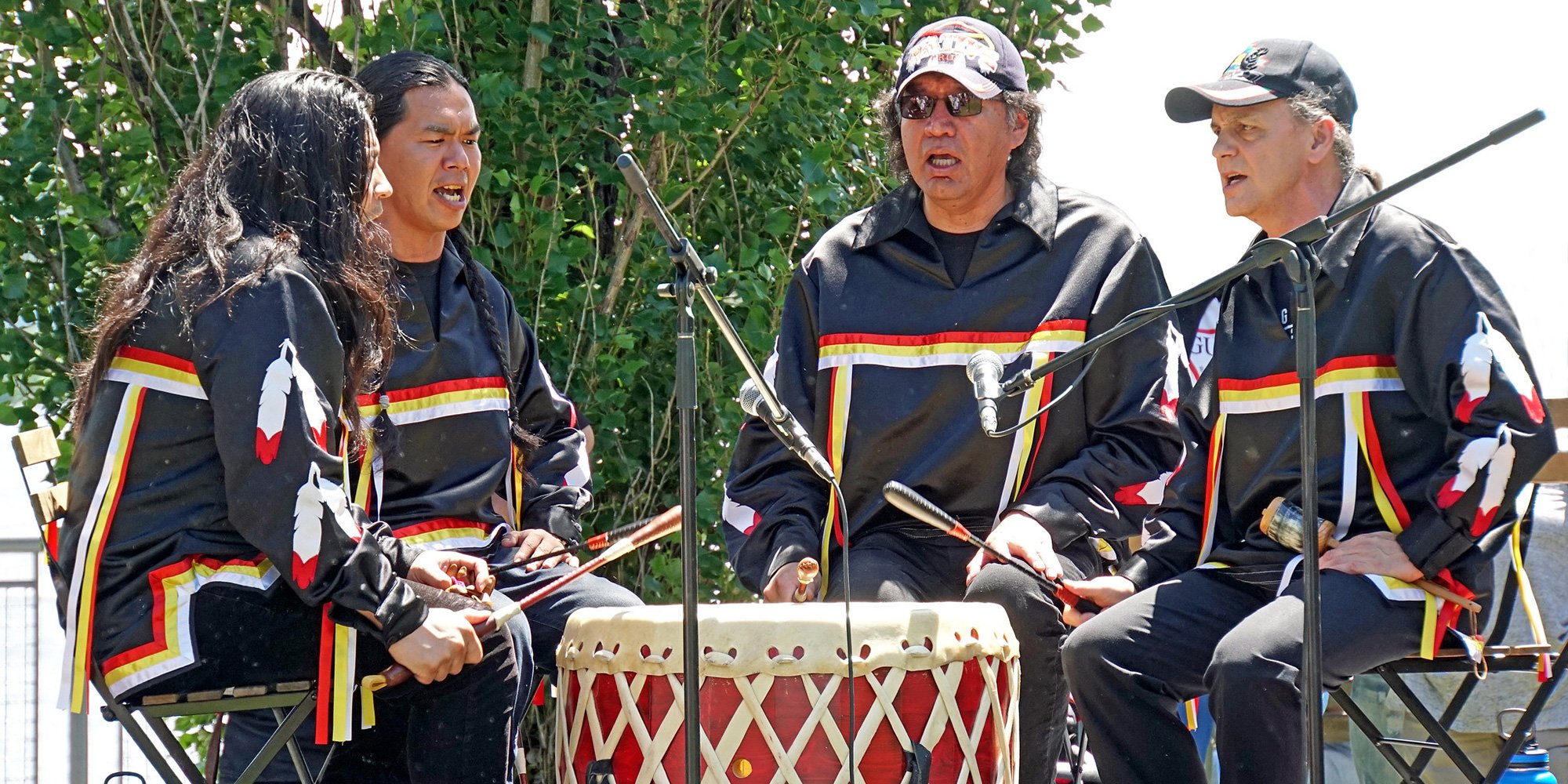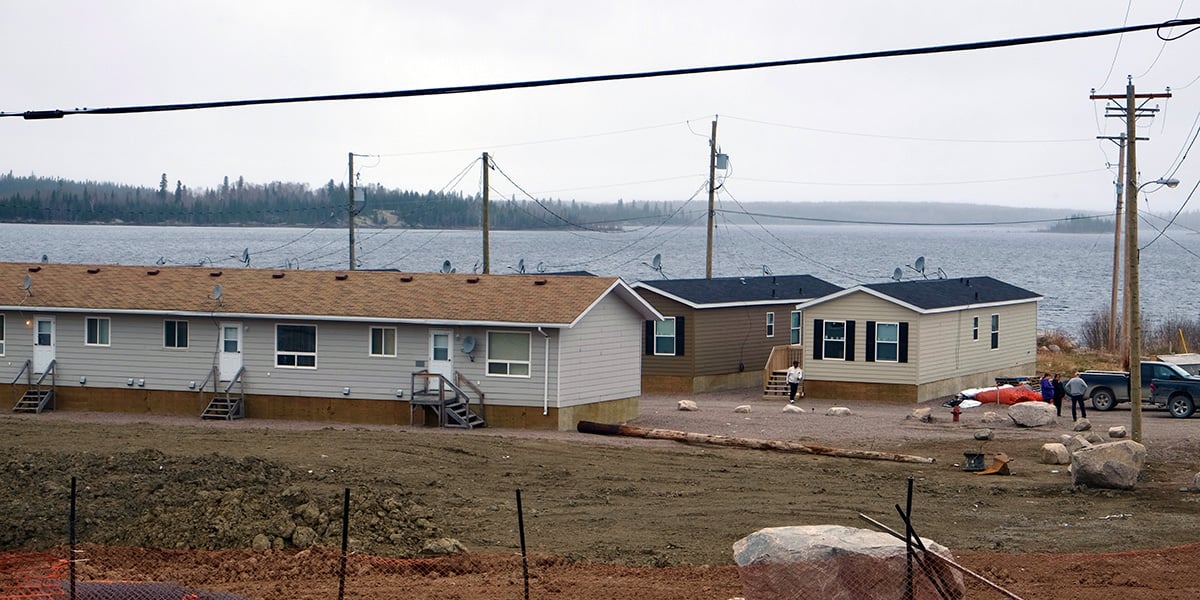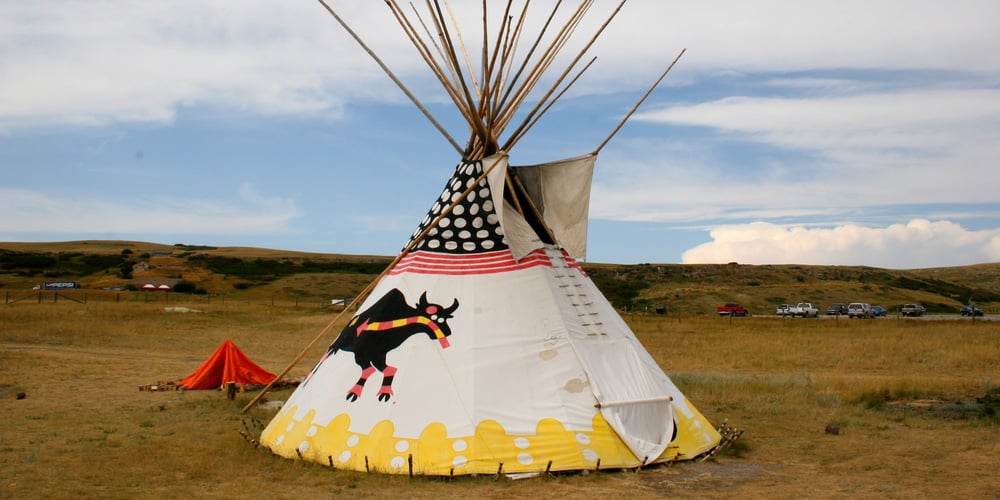8 First Nation Reserve FAQs - #1 of 2 First Nation Reserves Series
A First Nation reserve is a tract of land set aside under the Indian Act and treaty agreements for the exclusive use of an Indian band (First...

Every three years, the Assembly of First Nations holds an election for the Office of National Chief. This year the election will be on December 10, at the 35th Annual Assembly.
This election is unique in that it is the first time in history there has not been a sitting National Chief, as the former National Chief, Shawn A-in-chut-Atleo, stepped down from the position earlier in the year. The AFN Executive appointed AFN Regional Chief for Quebec-Labrador Ghislain Picard as spokesperson for the Executive in the interim.
We thought it would be timely to offer a snapshot of the history of the Assembly of First Nations and the election process.
Long before European contact, Aboriginal Peoples in Canada organized political bodies to represent their needs and rights. Of significance is the Iroquois Confederacy (established sometime between 1570 and 1600), a sophisticated society of over 5,500 people who belonged to six linguistically related tribes. The Great Law of Iroquois Confederacy is credited as being a contributing influence on the American Constitution. Following European contact, and ensuing efforts of assimilation, in 1927, an amendment to the Indian Act essentially banned all Indian political organizations.
Resolute and determined, efforts continued to create an umbrella organization that would represent the needs and rights of Aboriginal Peoples in Canada.
The Assembly of First Nations represents the over 630 First Nation communities in Canada but does not represent Inuit or Métis interests. Each Nation is given a seat in the Assembly, each seat is filled by a Chief or representative, and only they have the right to vote for National Chief. Individual First Nation people are not eligible to vote for the National Chief which is an ongoing bone of contention with First Nations.
As the election of the National Chief of the Assembly of First Nations does not garner the same attention as does the election of the Prime Minister of Canada, many non-First Nation people are unaware of the process and procedure. For political junkies, as the hours on election day tick by, the political jockeying that sometimes goes on can be fascinating.
Featured photo: Drummers on National Aboriginal Day, 2019. Photo: Dennis Jarvis, Flickr

A First Nation reserve is a tract of land set aside under the Indian Act and treaty agreements for the exclusive use of an Indian band (First...

Here are seven First Nation facts plus one fun fact to add to your storehouse of knowledge. 1) Number of Nations There are over 634 recognized First...

1 min read
The 2015 Canada Games marks a series of firsts. It is the first time in the 48-year history of the Canada Games that a First Nation has been granted...